7 Signs Your Loved One Needs Home Care
“There is no need to suffer silently and there is no shame in seeking help,”
– Catherine Zeta-Jones
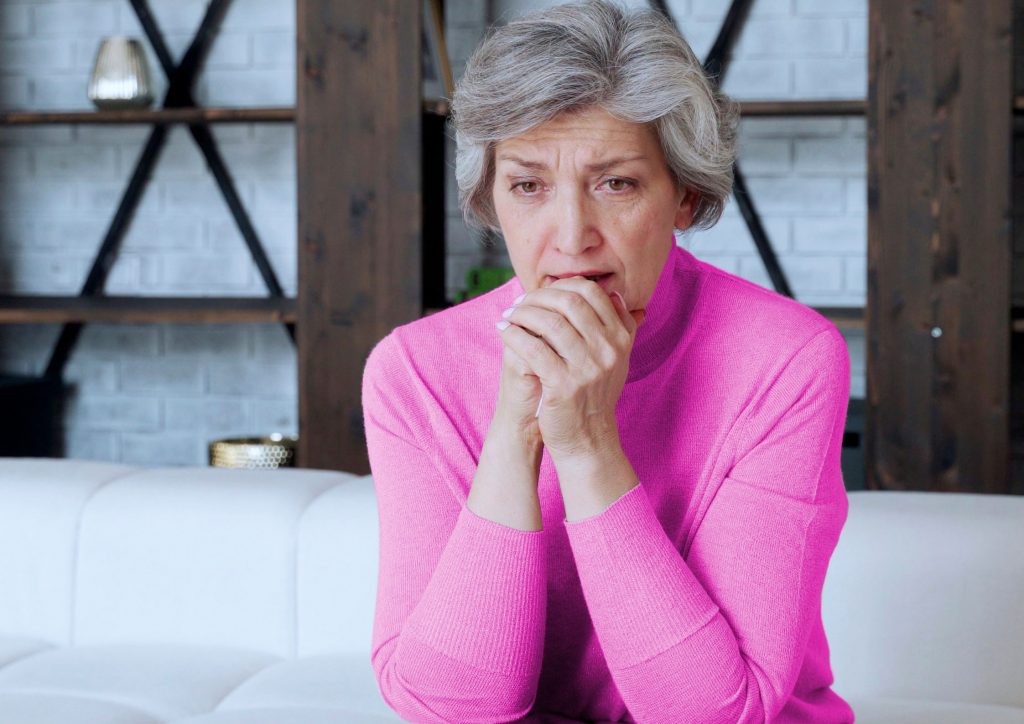

When we are children, our parents tend to go above and beyond to ensure that we live in a safe, stable and healthy environment. As a result, this has given us the confidence and independence to take on the real world as adults.
As you get older you may notice that your parents, or a loved family member who has always been there for you, start to slow down. They might start behaving differently, eat less or lose that spark in their eyes that used to twinkle back at you when you were a child. You might start to worry about them but also doubt your concerns on whether they are actually struggling, and might need help.
Needing help as you age will be inevitable for most of us but, sometimes it can be difficult to ask for help. It’s only natural for us to want to protect our loved ones and want what’s best for their health and well-being.
If you are concerned about a loved one and considering home care services, here are 7 Signs to look for:
1. Increased Forgetfulness & Wandering
One of the earliest warning signs that your loved one may be starting to decline is an increase in forgetfulness and memory loss. Have they started skipping their medication? Missing their appointments? Or, having difficulty recalling basic knowledge e.g. the date or time? Memory loss is increasingly common in older adults but, may be a red flag to a greater medical issue such as Alzheimer’s or other types of dementia.
Have your loved ones started wandering?
Wandering or getting lost is a common symptom for people living with dementia. Common signs to look out for include:
- Returning from a regular walk or drive later than usual
- Forgetting how to get to familiar places
- Talking about fulfilling former obligations, such as going to work
- Trying or wanting to “go home” even when at home
- Becoming restless, pacing or making repetitive movements
It is important to identify any underlying disorders by taking your loved one to see their local GP for a diagnosis. You can then discuss what in-home care services are available to them to ensure that your loved one can remain independent, and continue to live both comfortably and safely at home.
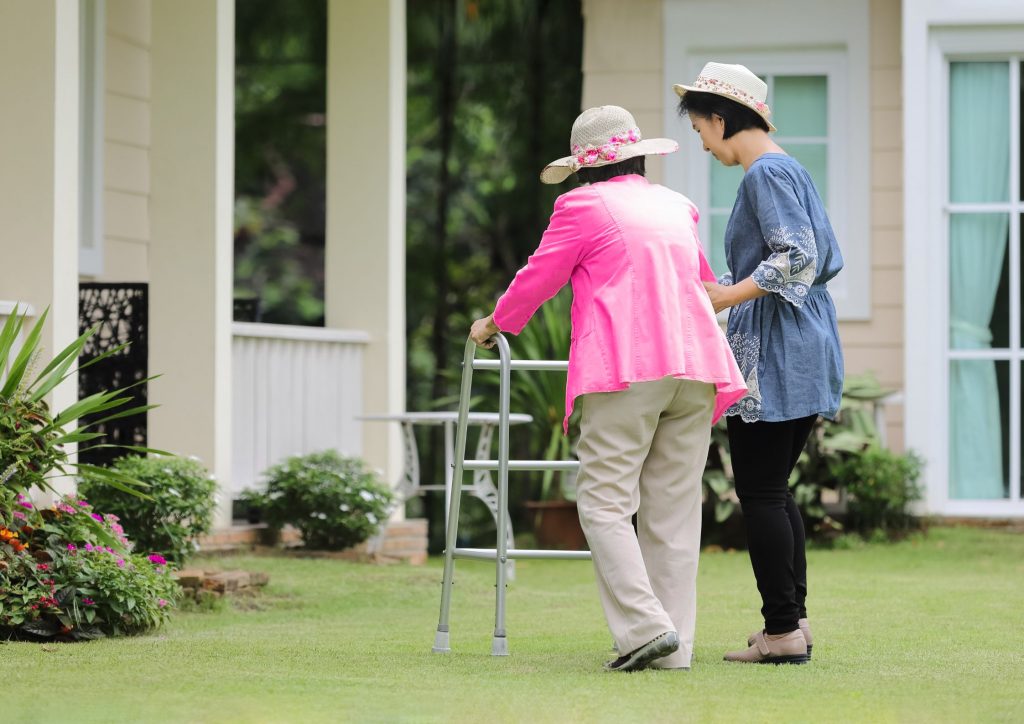

2. Behavioural Changes
As we grow and learn valuable life lessons, our behaviour and the way we react to our environment generally changes. However, as we head into our golden years, these changes could negatively impact our overall mental health and well-being. Behavioural changes are another common sign that your loved one might need extra care at home.
If you notice that they have increased anxiety, including repetitively calling family members for reassurance that everything is ok, it might be time to seek out help and determine if they are any underlying health issues. Other behavioural changes to look out for are:
- Aggression
- Increased paranoia
- Delusions
- Hallucinations
- Increased feelings of depression
Sundowner’s Syndrome is a type of behavioural change and another symptom of Alzheimer’s or other types of dementia. As the sun goes down, your loved one might become increasingly confused, overwhelmed or disoriented. As it gets darker, this behaviour becomes extremely out of character for your loved one and you wonder how their mood seems to have changed so dramatically since the morning.
Although it may be difficult, it might be time to sit down with your loved one to ask if they are ok and offer home care solutions to help them in their daily life.
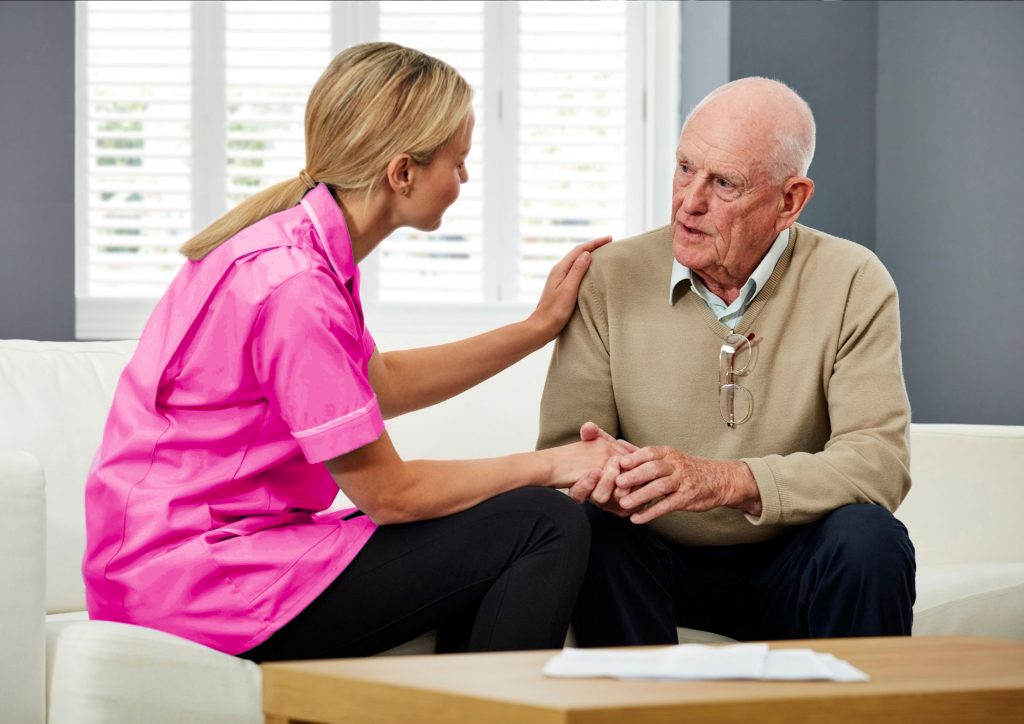

3. Poor Personal Hygiene
The appearance of your loved ones can be a major clue to whether they are having difficulty handling their everyday life.
When you last visited your loved one did you notice a change in their appearance as a result of poor personal care?
- Did have a stronger and usual body odour?
- Did they have unbrushed teeth?
- Was their hair unwashed and unkempt?
- Were their clothes clean and without holes?
- Were they wearing odd pairs of shoes?
Your loved one’s well-kept appearance is not just about looking good, it has great psychological benefits including improved self-esteem and confidence. If your loved one has started letting themselves go, they are less likely to head outside, take part in social situations and more likely to isolate themselves from family and friends.
A caregiver and companion could be extremely helpful for your loved one during this difficult time in assisting them with their personal care needs. If you’ve noticed a decline in your loved one’s personal hygiene, take a moment to sit down with them, carefully voice your concerns and offer dignified solutions to help improve their overall happiness.
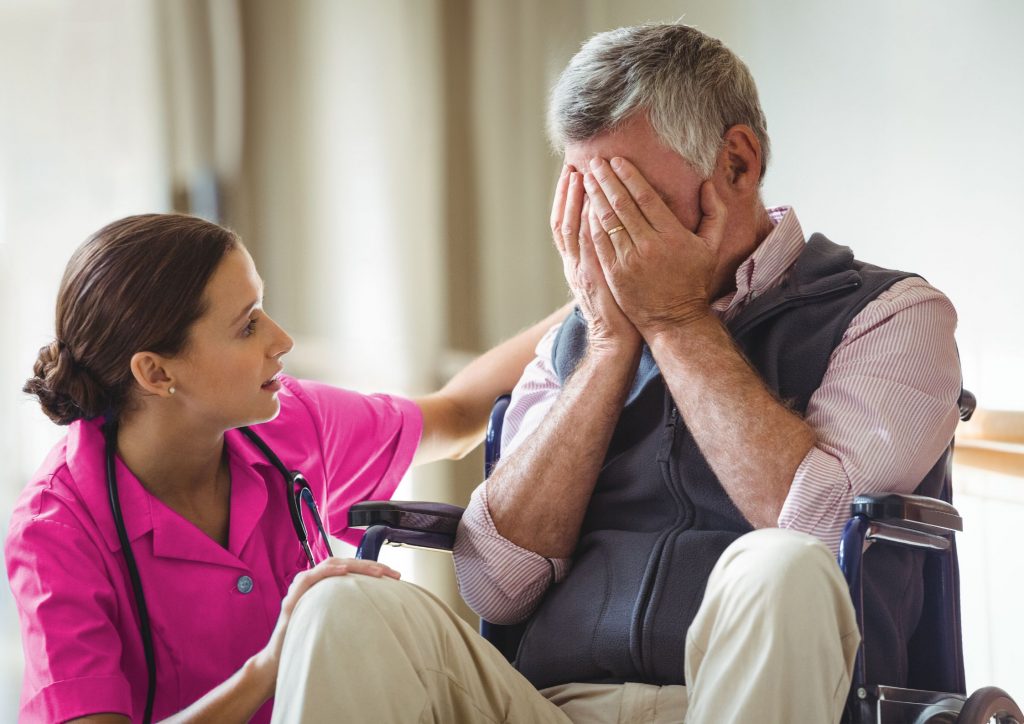

4. Unkempt Home
For many of us cleaning our homes can help with our mental clarity. Whether we find cleaning therapeutic or not, there are several mental health benefits of having an orderly home. If your loved one’s home is starting to look disorderly, it could be due to deeper underlying emotional struggles.
Next time you check up on your loved one take a moment to look around their home and notice anything unusual in their home:
- Dirty dishes
- Potential hazards
- An empty fridge
- Expired food
- Mail stacking up, unopened or ignored
- Funny smells
Depending on what is in disarray around the home, could be a sign that your loved one is internally struggling with something specific; for example, if there is a lot of unopened mail, there could be a bill your loved one is avoiding paying due to issues with personal finances they are too ashamed to tell you about. If the house hasn’t been cleaned, it could be a sign of demotivation or even mobility issues you might be unaware of.
Take the time to hear them out with a sympathetic ear, and let them know that there are care services out there that can help them with day-to-day tasks and give them a break from their anguish.


5. Demotivation in Daily Life
We all get demotivated from time to time, especially if we’re facing our own personal struggles. As we age and our energy levels change, feeling demotivated can be a more regular occurrence. Some older adults will start giving up their interests over time because they begin to lose their lust for life.
Apathy in older adults is extremely common especially if they are suffering from physical, cognitive or emotional ailments.
If your intuition is telling you that your loved one might be struggling there are some tell-tale signs you can look for:
- Fatigue
- Trouble handling usual responsibilities
- Difficulty feeling and expressing any emotions
- Difficulty planning or solving problems
If you fear that your loved one is showing signs of apathy, it is vital to connect with their GP to get an accurate diagnosis and treatment. While the diagnosis might take some time, what you can do in the interim is identify new sources of joy. Help your loved one rediscover hobbies, passions, and activities they used to love doing, but don’t do anymore.
We all lead busy lifestyles so keeping our loved ones continually motivated and inspired could prove difficult. You can tap into plenty of support services to help your loved one get their spark back.
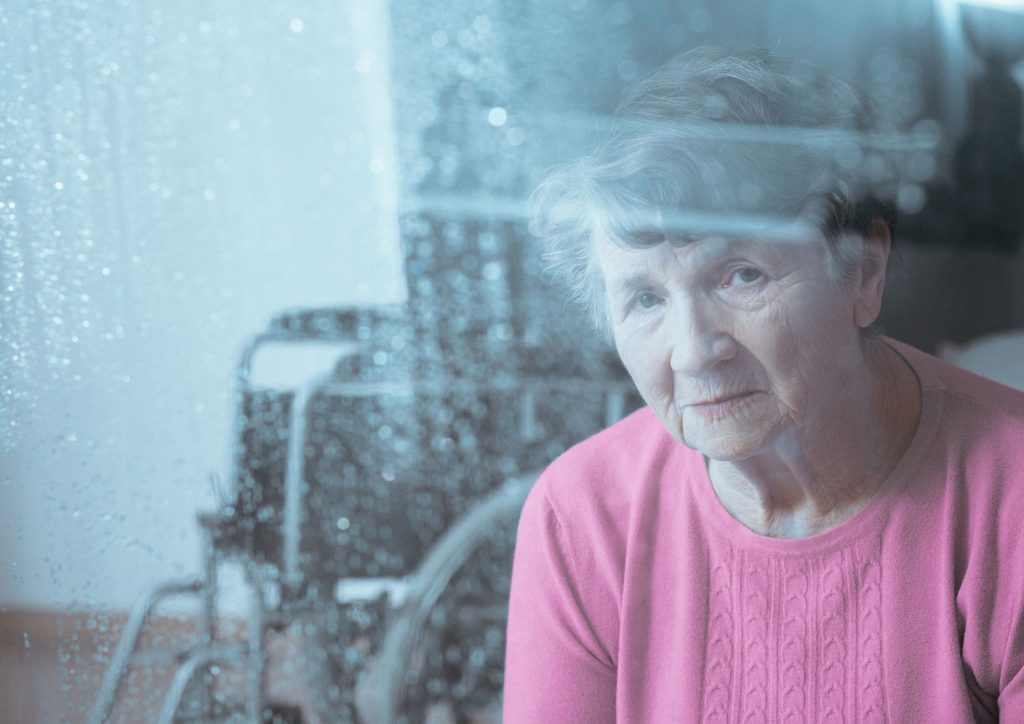

6. Poor Nutrition
A well-balanced and nutritional diet is vital for our healthy survival regardless of age however, as we get older and our bodies change we might start shifting our eating habits without even realising it.
If you start seeing your loved one go through sudden weight loss or weight gain in a short period of time, it might indicate:
- A loss of interest in food due to changing appetite
- Difficulty preparing food due to cognitive decline
- Forgetting to prepare and eat meals
- Loss of ability to drive and shop for food
- A cognitive condition that may have injured the part of the brain that controls eating
While we want what’s best for our loved ones’ health and well-being, it can be difficult to ensure that we are managing our own eating routines let alone anyone else.
Meal planning and thoughtful meal preparation are home care services caregivers can offer to their clients.
If you are concerned about your loved one’s weight, let them know that you can help them organise home care services to help ensure your loved one continues to eat wholesome and healthy meals.
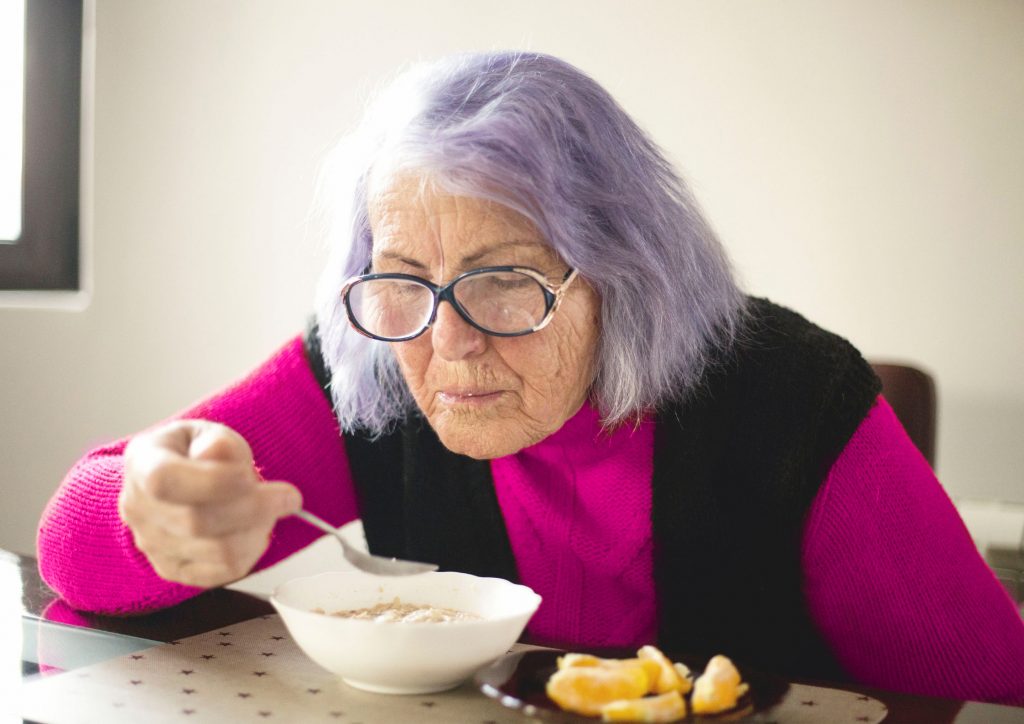

7. Withdrawal & Isolation
Being socially connected with family and friends has been shown to be beneficial for the mind and body. Socialising can help drive off the feeling of loneliness, sharpen memory and cognitive skills, boost overall happiness, and increase our well-being.
When you last visited your loved one, did they seem quieter or more irritable than usual? Have you noticed their social circle shrinking? Significant changes in emotional states and social patterns may be indicative of withdrawal and isolation, which can ultimately lead to depression.
Some signs of withdrawal to look out for are:
- Finding it difficult to start or complete basic tasks
- Struggling to orientate within the community
- Finding communication and connecting with others is more difficult
- Avoiding contact to avoid the perception of being humiliated for an underlying health condition
- Increased desire to stay in their own home where they feel safest
Take the time to sit your loved one down and suggest the potential idea of having companion home care. A professional caregiver can provide companionship and be a reliable resource to help keep your loved one’s life more inspiring and balanced each day.
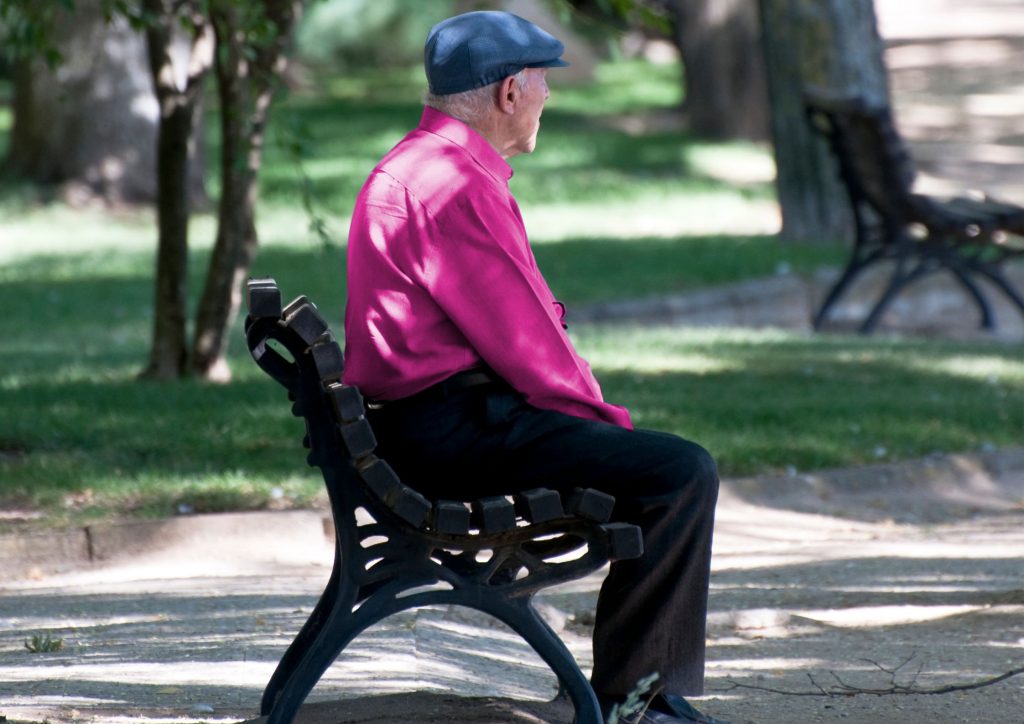

For many of us, it can be difficult for anyone to ask for help, even if we are struggling, for a multitude of personal reasons. As our loved ones age they might dwell in denial and hide symptoms of physical and cognitive decline out of fear that they might be humiliated or become a burden on their children.
Our parents and loved ones were always there for us especially when we were feeling vulnerable, and there will come a time when you will need to keep an eye out for tell-tale signs that they need help and home care.
Your loved ones can still stay home to live an independent and dignified life with the assistance of a caregiver who will provide them with the highest quality of service and respect they deserve in the comfort of their own home, Making Lives Better.
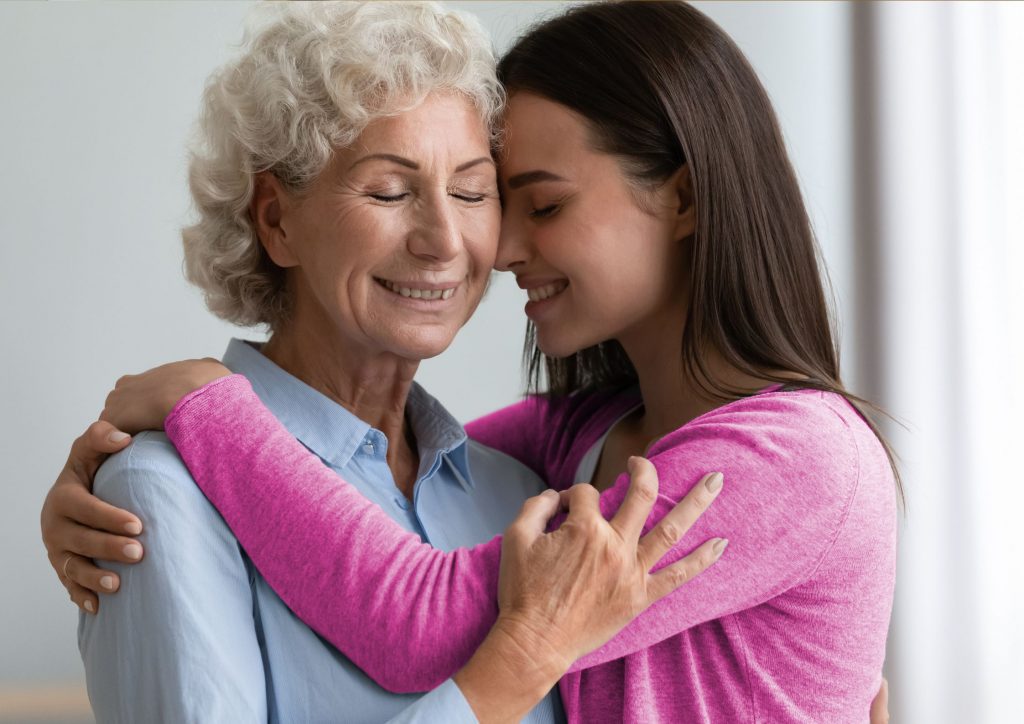

At Nurse Next Door, we are celebrating ageing and are passionate about Making Lives Better.
To learn more about The Power of Happier Ageing you can download our report
or contact us today at 1300 600 247 to discuss how Nurse Next Door can help you keep doing what you love.
